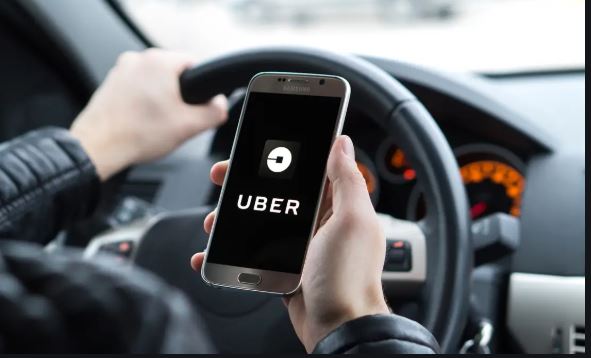Uber just said that it is buying Autocab, a British supplier of booking services for the taxi industry and creator of a homegrown Uber rival. The purchase will enable Uber to incorporate the drivers who work as part of the iGo network inside the Uber app. They are expanding the footprint of its operation in the UK, which is currently limited to 14 major cities.
Some towns and cities in the UK not called London are served by a number of small, often stand-alone private hire taxi firms. Not until now, booking a cab required a phone call, because these businesses do not have the resources to build anything else. Autocab, which began distributing radios and other types of equipment, build Ghost, a cloud-based booking platform, and an Uber-esque app.
But Autocab, aware of both the threat that Uber provided and the dislike most cab drivers have for the app, went one further. It started opening having conversations between taxi businesses to create the iGo Everywhere network, creating a patchwork rival to Uber. If your local cab company was located in Nottingham and you traveled to Cardiff, you’d be able to book a trip in your Nottingham-based app.

“Every month, thousands of people open the Uber app in places the company doesn’t operate to try to get a trip,” said the company in a press conference. “Through Autocab’s iGo marketplace, Uber will be able to connect these riders with local operators who choose to take their booking,” it included. “In turn, operators should be able to expand their operations and offer more earnings opportunities to local drivers,” as well as including local taxi firms to Uber’s broader platforms, like Delivery and Eats.
Autocab says that iGo is the largest network in the UK, with access to 75,000 cars, and the company’s platform has gone worldwide, with operations in the US, Europe, Africa, and Asia. Normally, Uber will be able to fill in many gaps in its UK operations, slotting into the pre-created networks in several towns and cities.
TECH NEWS>>>>Facebook Deletes Trump Post For Harmful COVID-19 Misinformation





